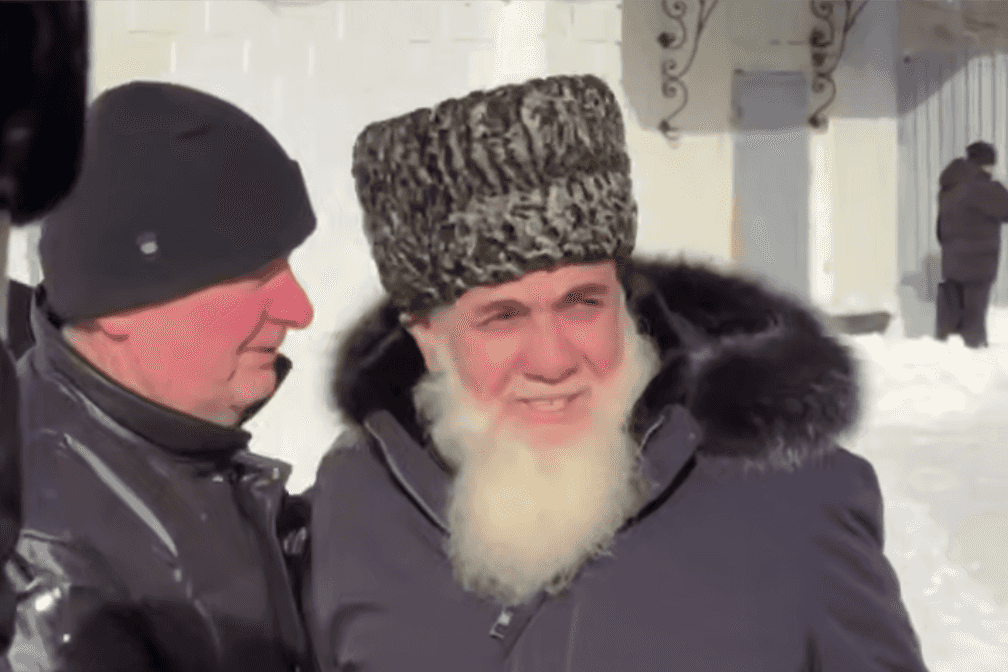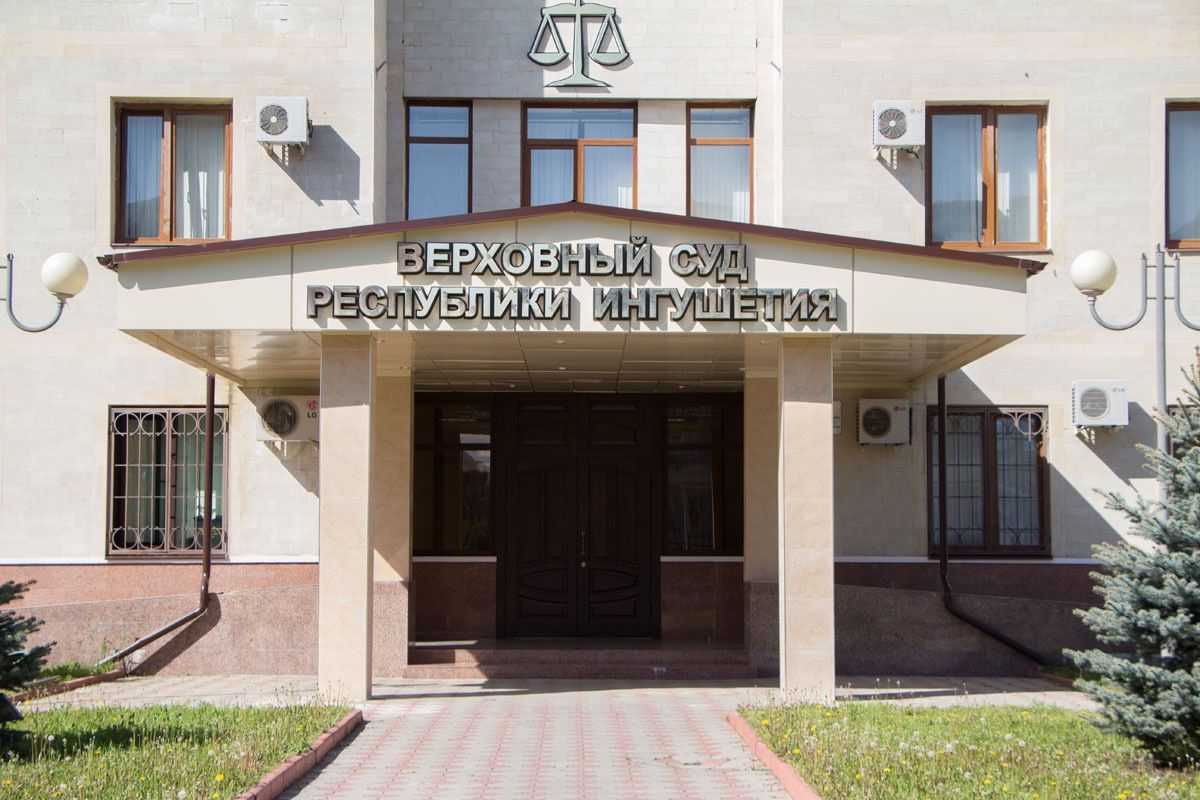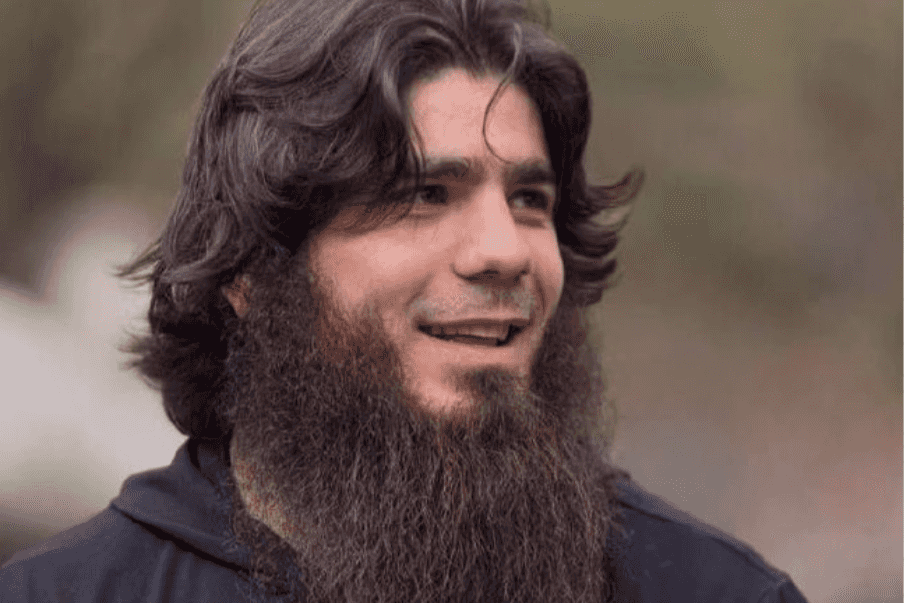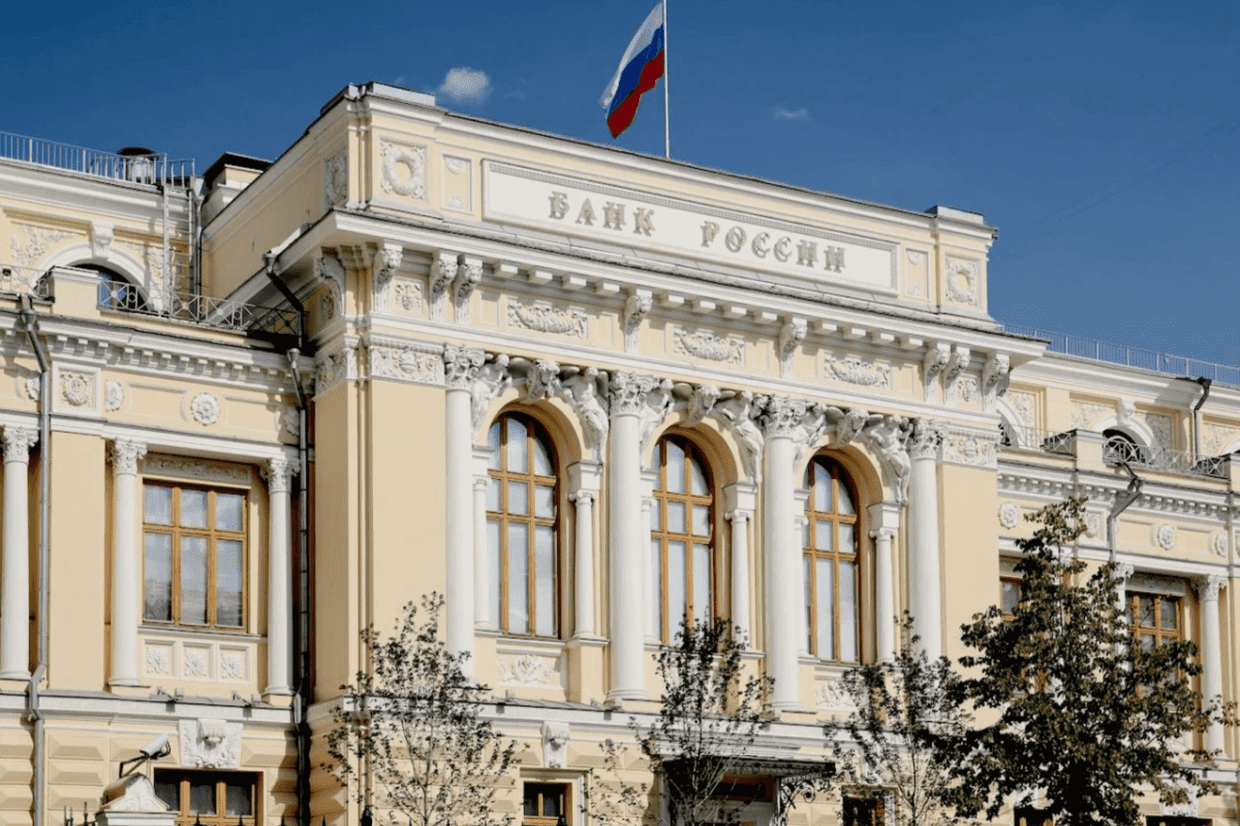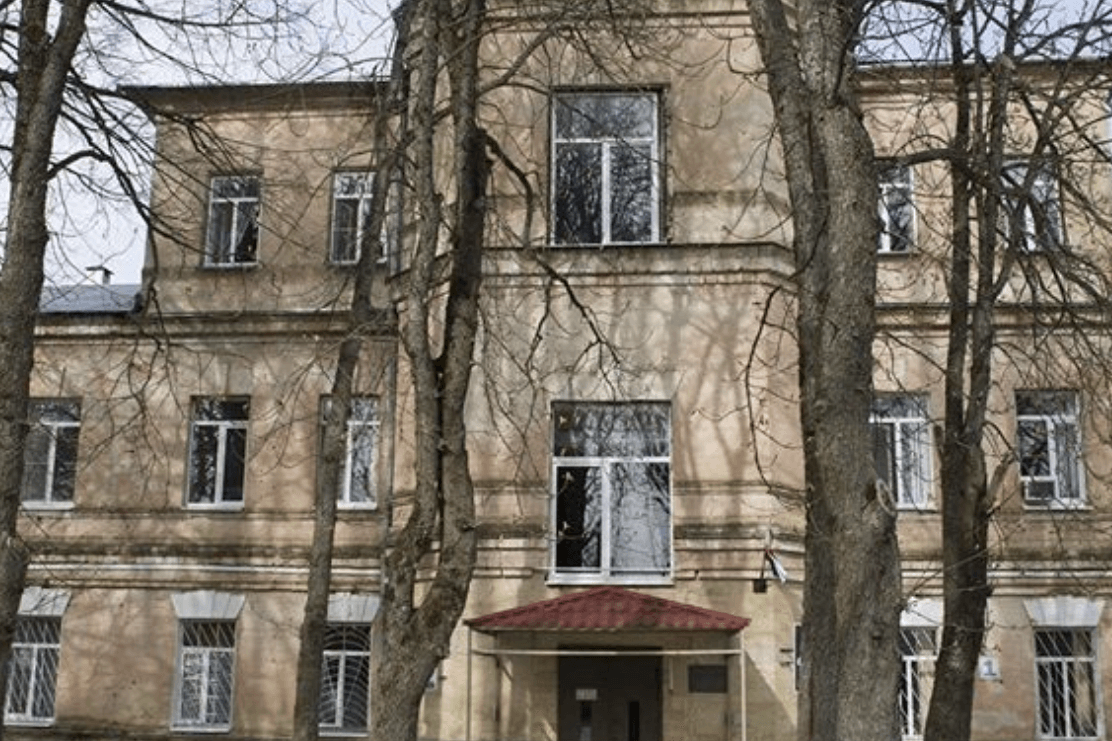
Sixteen-year-old Islam Musiev, who disappeared in June in Ingushetia after reporting domestic violence and death threats, got in touch at the end of July and said he was being held in a psychiatric hospital in Stavropol. The human rights group NC SOS, which had been working on his case, reported this.
When activists tried to contact the clinic’s chief doctor to confirm the information, they were told that no such patient was registered. Since then, the teenager has gone silent again and has not been in contact for more than a week.
News of Musiev’s disappearance first emerged in early June. As OC Media previously reported, Musiev had reached out to human rights groups for help, saying he had been beaten and threatened by relatives, and asked them to publicise his case if he went missing — fearing he could become a victim of an ‘honour killing’.
The teenager claimed he had been locked in his home, had his documents taken away, was forcibly shaved, removed from school, and threatened with death. He also shared photos of bruises and injuries. In one of his messages, he told human rights workers that his relatives threatened to shoot him once his ‘uncle returns from the special military operation’ — the term used by Russian authorities for the full-scale invasion of Ukraine.
According to the group Kavkaz bez materi (‘Caucasus Without a Mother’), Musiev had warned before disappearing that his family planned to take him ‘somewhere else’, possibly to a basement. He said they had threatened to kill him and bury him next to his deceased aunt. In correspondence with activists, he named three relatives — Hasan, Richard, and Magomed Musiev — as those who should be held responsible if anything happened to him.
According to rights groups, Musiev had previously been visited by Leila Mogushkova, head of the juvenile affairs department at the Ministry of Internal Affairs for Nazran District. She reportedly spoke with the family and told activists the situation was under control. However, after the teenager disappeared, Mogushkova denied ever visiting the family and stopped responding to further messages or calls.
Musiev’s whereabouts remained unknown for almost a month. In late July, he contacted Kavkaz bez materi and said he was being held in a psychiatric clinic on Lenin Street 441 in Stavropol. He wrote that he needed help and asked for someone to be sent to him. Shortly after, he disappeared again and has not been online for more than a week. Calls to the medical institution yielded no results — staff at the clinic claimed they had no such patient. It is possible the teenager was removed from the facility, or that staff were instructed not to disclose information.
Activists noted that Musiev managed to send the message shortly after journalists submitted enquiries to the Ministry of Internal Affairs, and rights organisations filed a request with the UN Working Group on Enforced or Involuntary Disappearances. The response from the Ministry of Internal Affairs was, according to lawyers, formalistic and poorly written. It stated that Mogushkova had not visited the family, but did not confirm whether the teenager was safe and well. The ministry also said that an inspector from the local psychiatric service had visited the Musiev family and ‘found no signs of abuse’.
One part of the reply was criticised for being vague: the ministry advised sending some of the questions to the Investigative Committee of Ingushetia but did not clarify which part — the sentence simply ended after the phrase ‘for consideration of the relevant part’.
Rights organisations also received a reply from the Investigative Committee, which redirected the request to the Ingushetian branch after a two-week delay, despite the legal requirement to do so within three working days.
Activists emphasise that they cannot legally evacuate a minor without the consent of a guardian or a court order, as this could be considered a criminal offence. For this reason, none of the organisations involved — including NC SOS and Kavkaz bez materi — were able to help Musiev leave his home.






